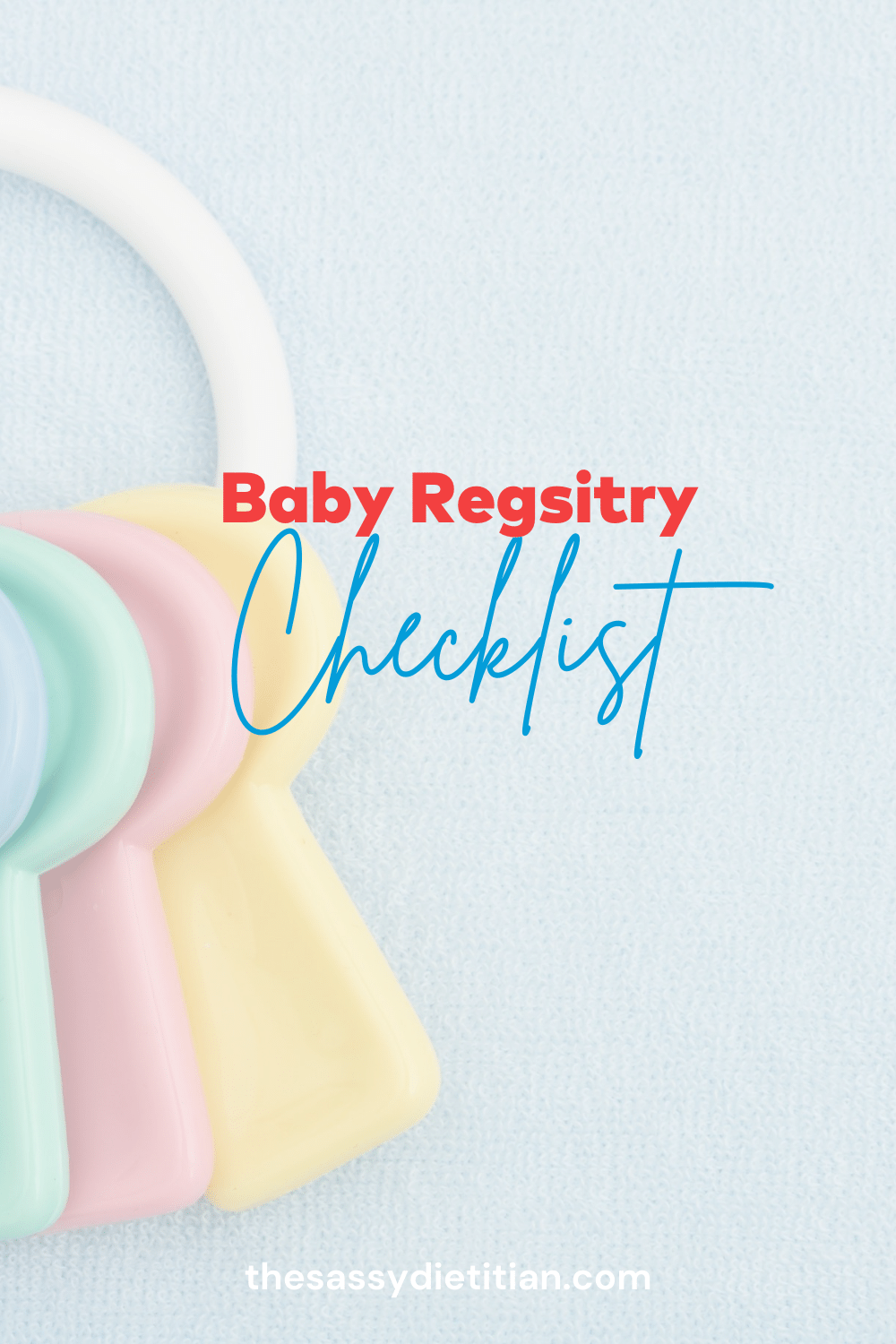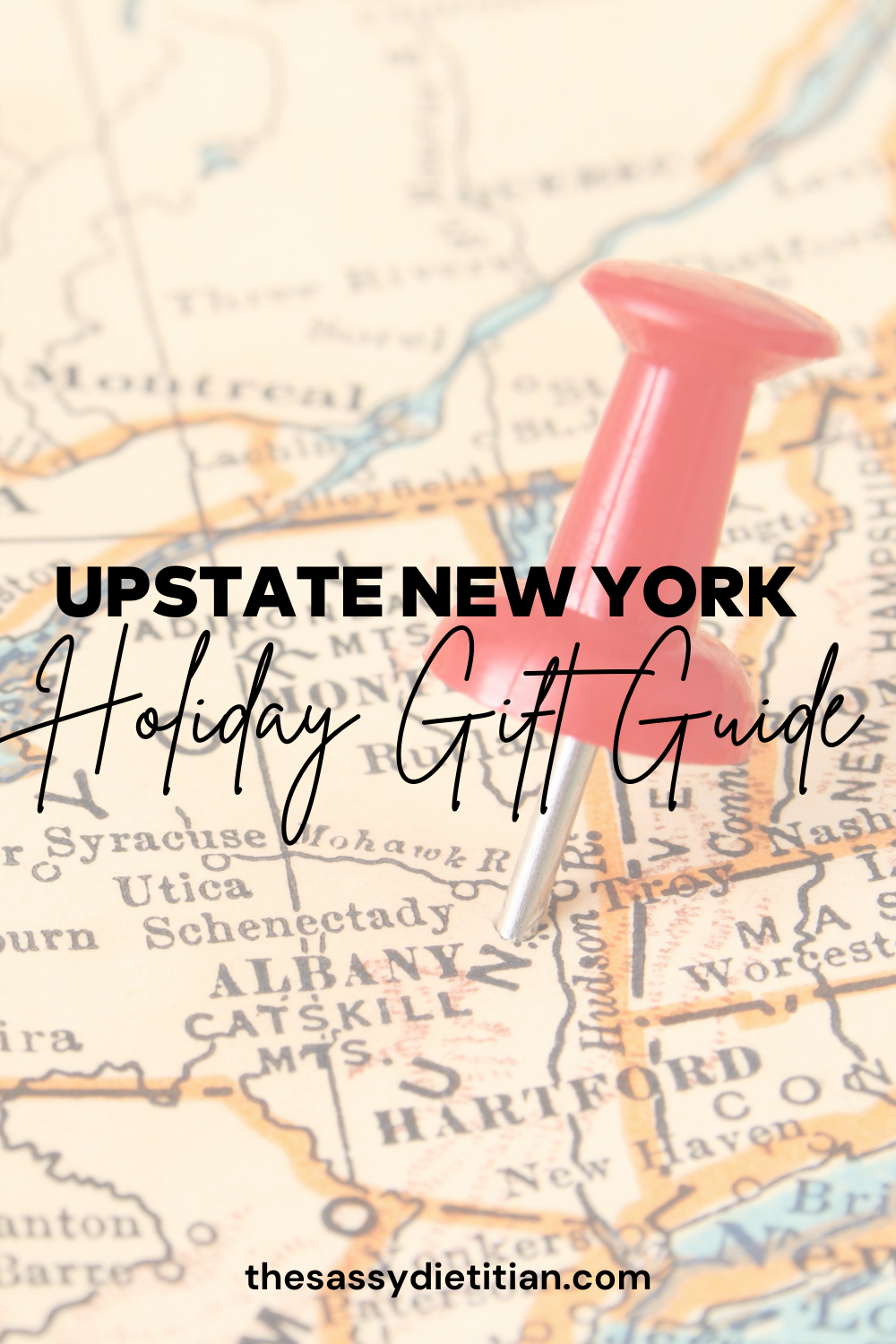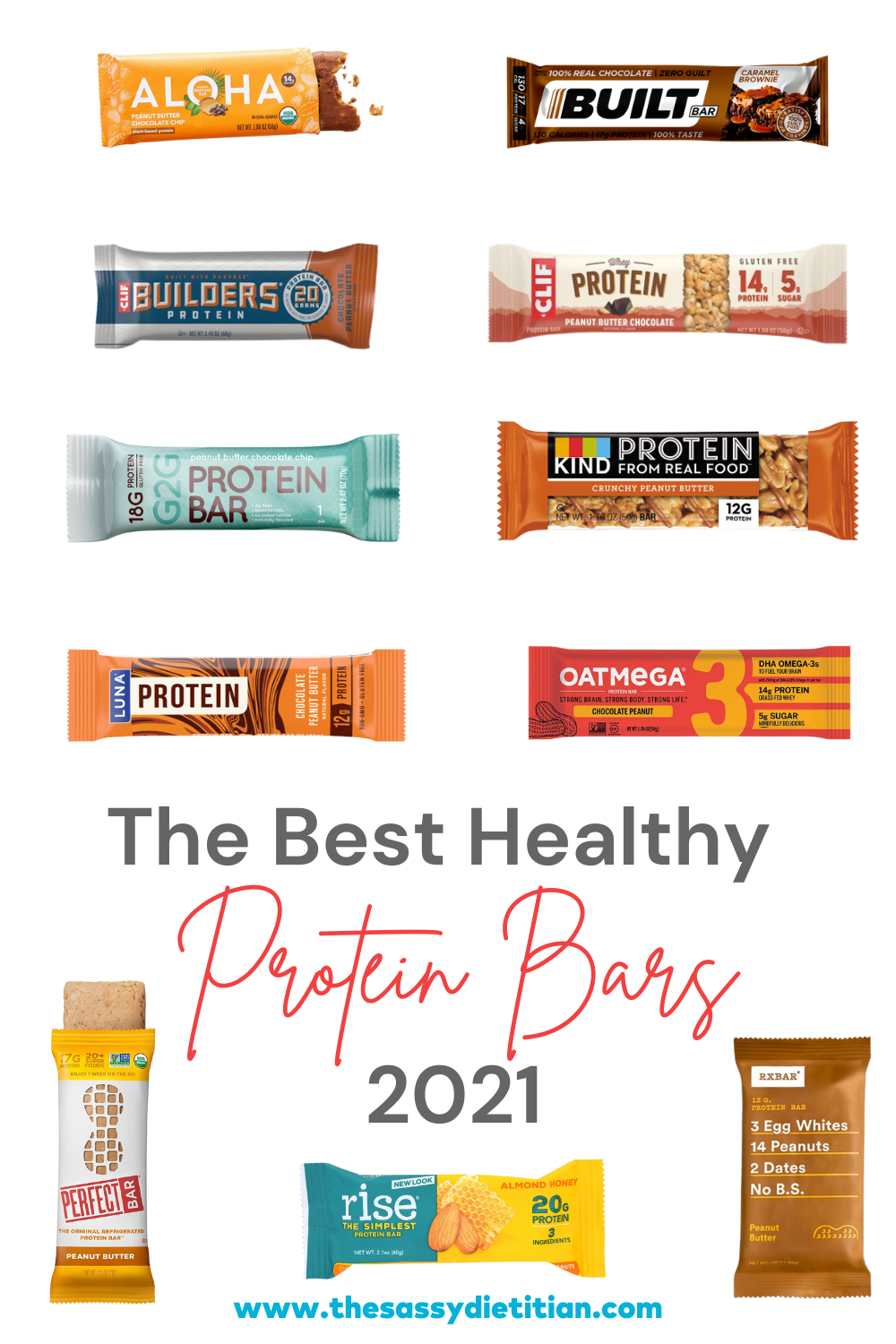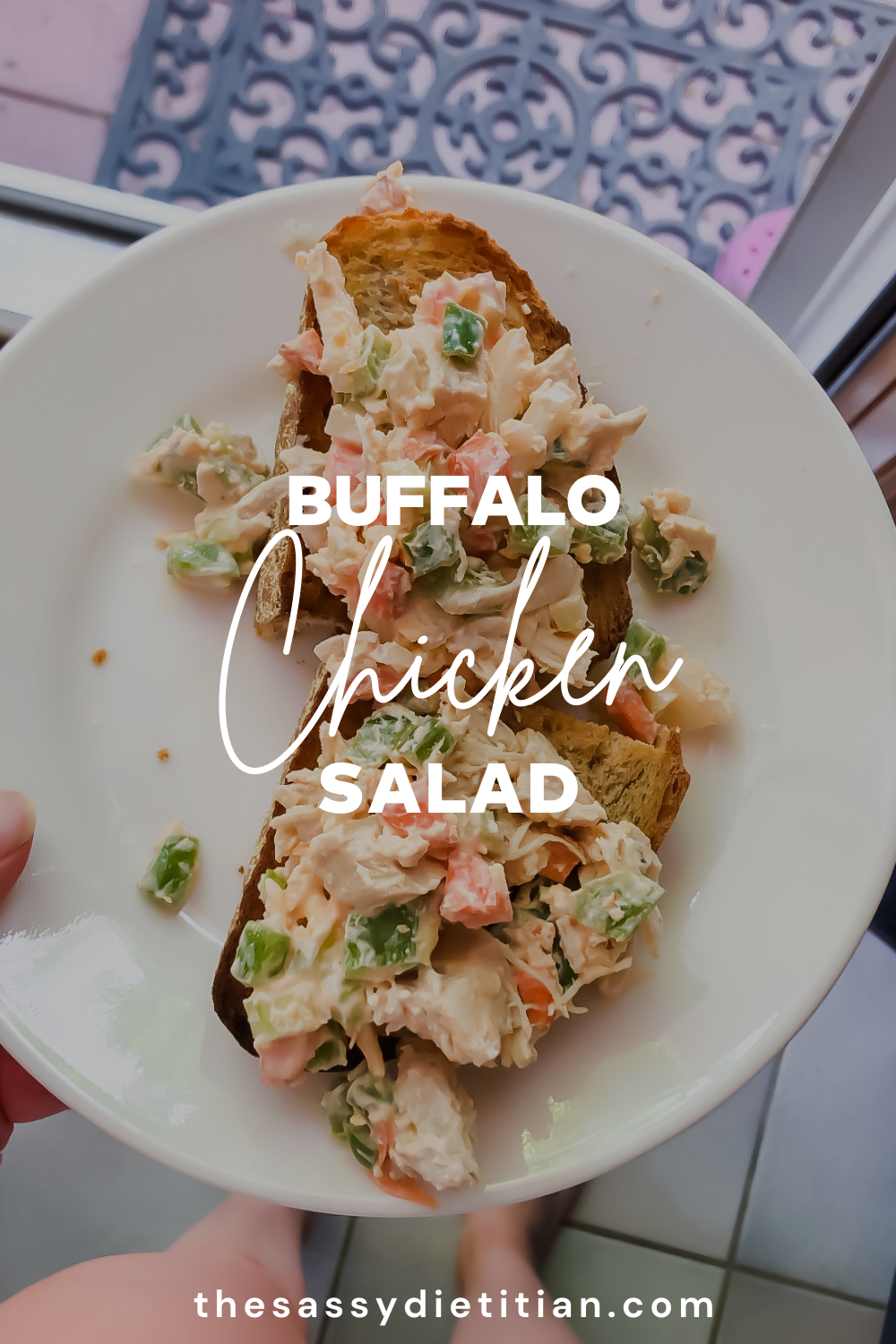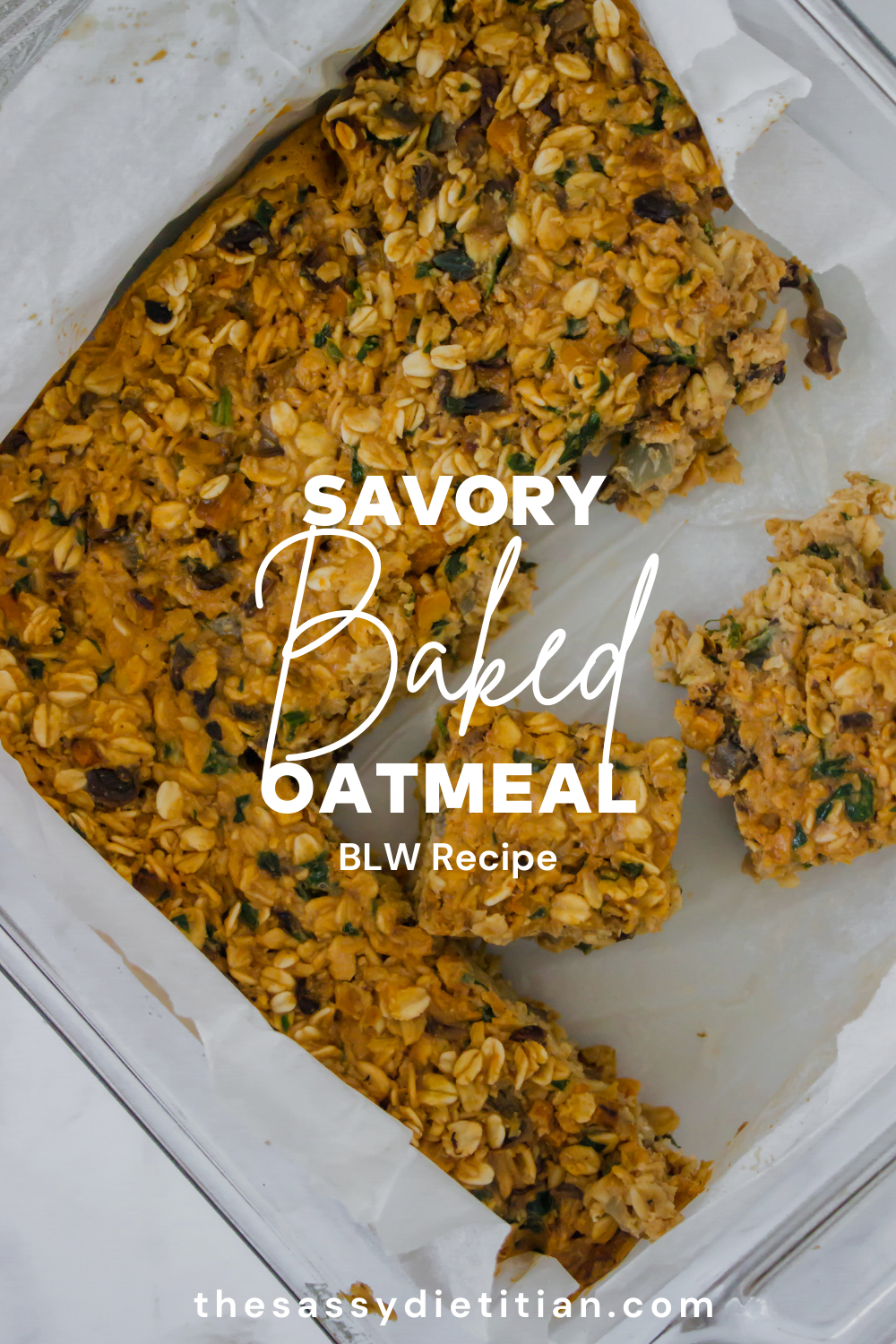
If you’ve been following along with my stories on Instagram then you know that my child loves to eat. During the holidays I realized we had gotten into a rut with food, which totally happens. However, since he is so new on his food journey (he’s 11 months at the time of posting) I didn’t […]
January 11, 2022

If you’ve been here for awhile you know how much I love Overnight Oats. If you’re new, welcome to my world of overnight oats. I absolutely love how easy they are to make and how filling they can be. Your nutrition doesn’t have to be complicated to be effective in your reaching your health goals […]
October 8, 2021
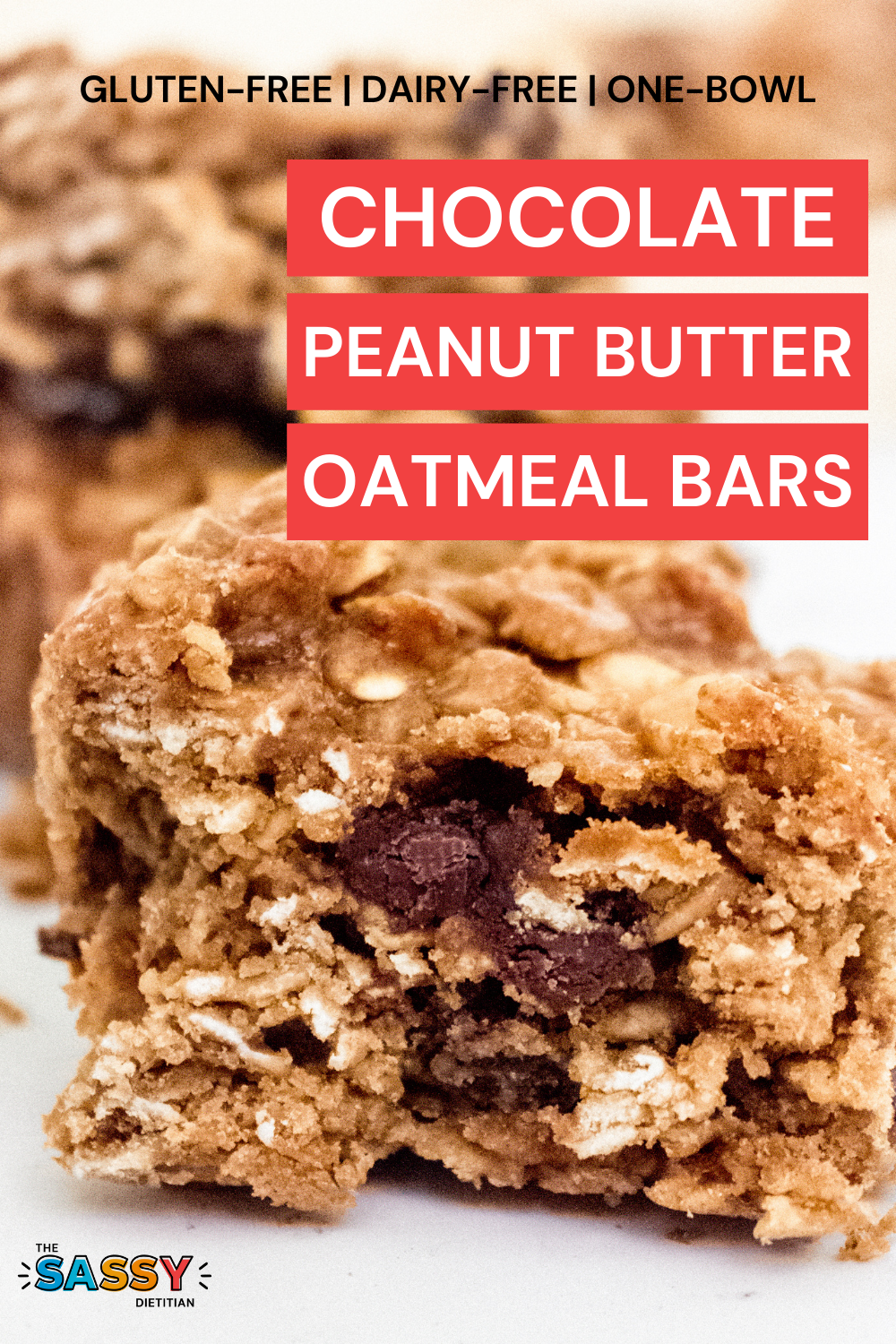
Sometimes I just get inspired for a new recipe by what I have in the house. I was making overnight oats this weekend and for some reason I got the urge to make oatmeal bars. I’ve made oatmeal bars before (see the list below) but this one I made with ingredients I had readily available […]
July 26, 2021

It’s getting hot out there and you want meals that will help you beat the heat. I find this time of year I am not craving the normal comfort food of fall and winter. This Greek Pasta Salad is light and amazing served cold this summer. Pasta salad reminds me of parties growing up but […]
June 18, 2021
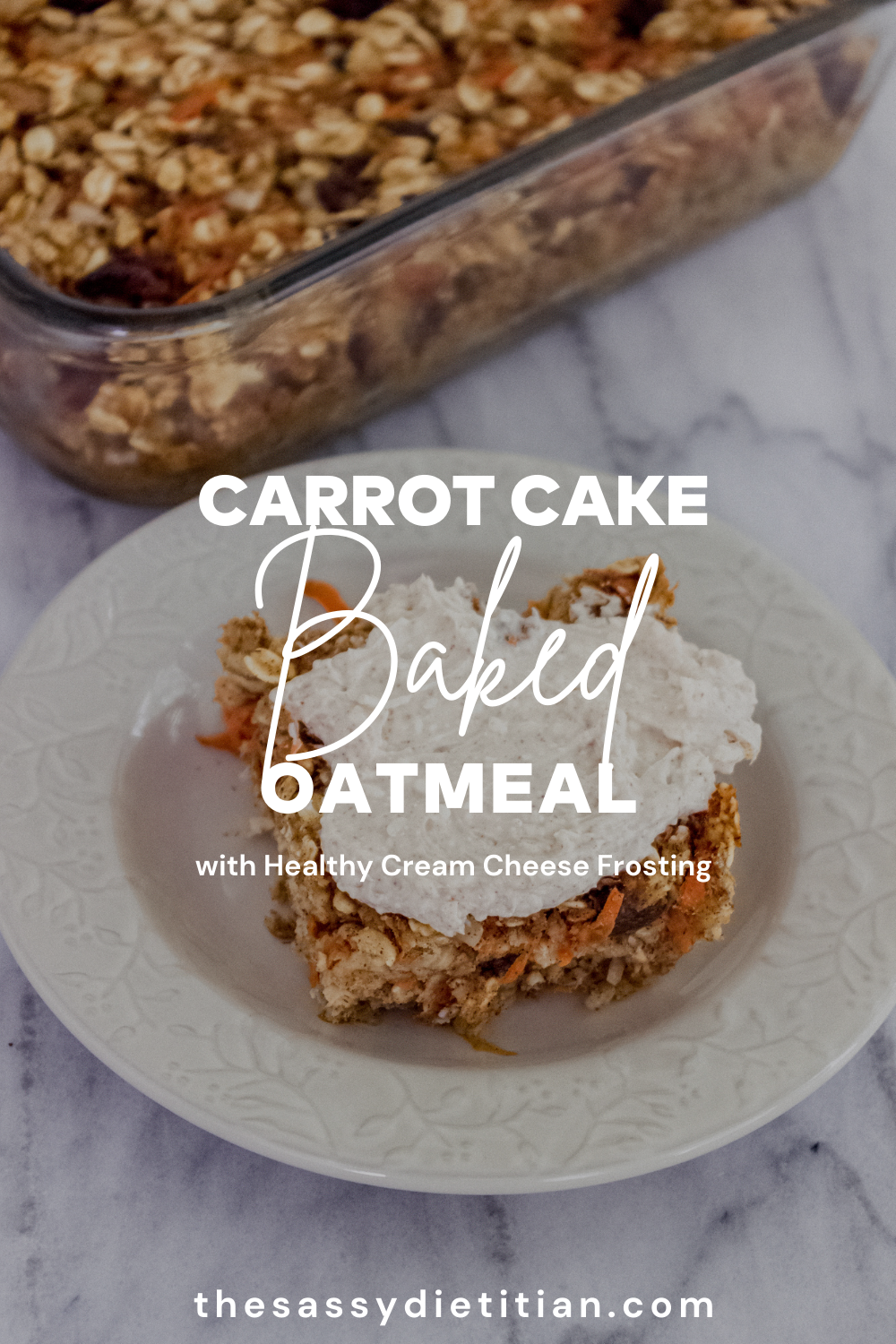
I don’t know about you but I love carrot cake, however, it can feel like a process to make so this baked oatmeal is the easier (and healthier) very-loved step sibling. This carrot cake baked oatmeal is so easy to make and even easier to eat. It goes really well with the healthy cream cheese […]
April 30, 2021
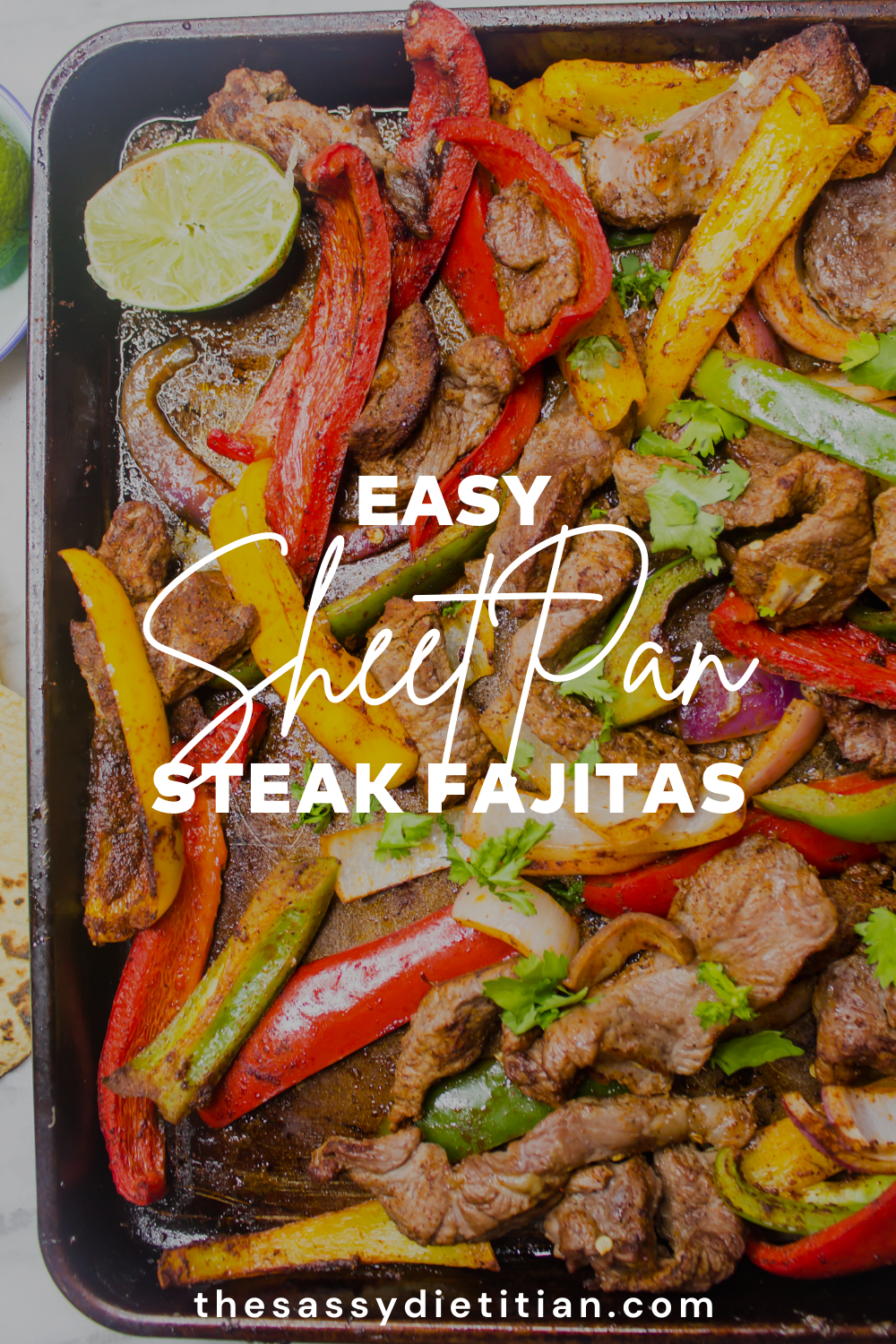
Dinner is trickier when you have more mouths to feed than your own. Granted, my baby is not to the age where he takes anything but breast milk but I’m already noticing how I have less time on my hands to make food. However, I think instead of throwing in the towel and resorting to […]
